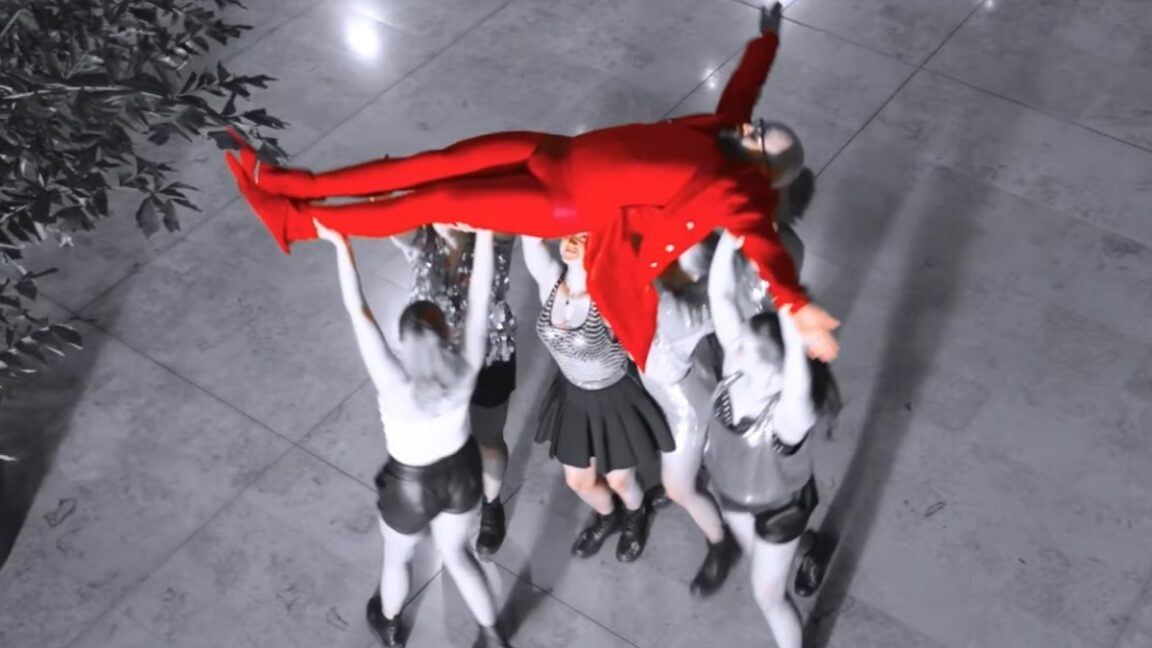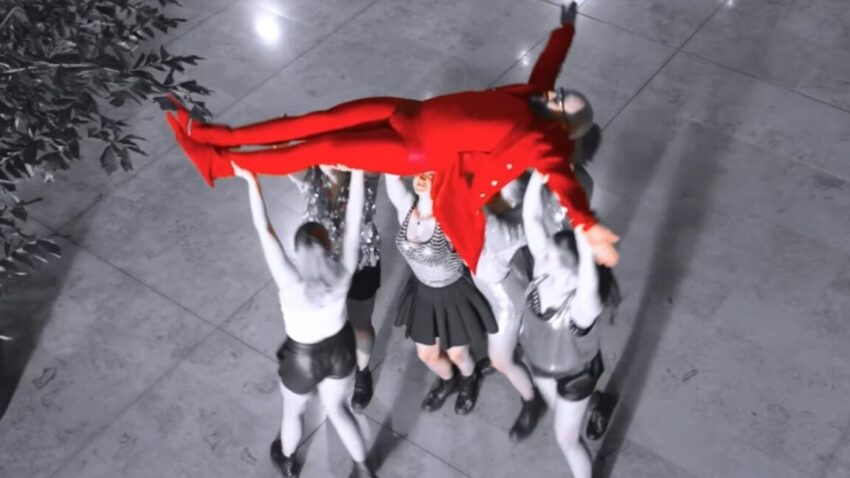
https://www.youtube.com/watch?v=qoa6Gj6_les
Solo Roka is the winner of your PhD competition this year, as well as the winner of the chemistry category.
The time has come for the annual dance to be the winners of your PhD competition, where eager young scientists seek to bring their doctoral articles through dancing. This year Winner of the overall The University of Helsinki’s solo stops, which research ChemostisisHow do people, especially how people face different sensory food compounds such as capsuasine (hot) or mandol (cool).
As if We have already reported, Dance on your PhD The competition was established in 2008 by science journalist John Bohanan, who is now a data scientist at South Park Commons. Bohin Told the Slate in 2011 That he has come up with the idea that he is trying to find out how to get a group of pressure PhD students, who were in the middle of defending their thesis, so that they could leave a little steam. So he gathered the dance party in Austria Institute of molecular biotechnologyWhich also includes contest for the candidate, which can best explain the topics of his dissertation through interpretation dance.
The competition was such a hit movie that Bohanan started asking emails when the next will be – and since then your PhD has been going on. Now it is in its 17th year. Here are four wide categories: physics, chemistry, biology, and social science, which have a largely liberal interpretation of what titles come under each. The winners of all categories receive $ 750. Roka won the chemistry category and will receive an additional 7 2,750, as a champion.
This year’s sponsor is the Sandbox AQ, an AI company that specializes in major quantitative models. Compared to 2025, AI and a special 50 750 prize for quantum science dancing, which was won by Arfor Homan of the University of Anas Burke for his dance video, explaining the physics of laser cooling and ultraclined atoms. Bohann noted that the winner was all European scientists. “This year, American scientists didn’t look in a dancing mood,” He told Science. “Fortunately for the world, European scientists have doubled their creativity and enthusiasm.”
